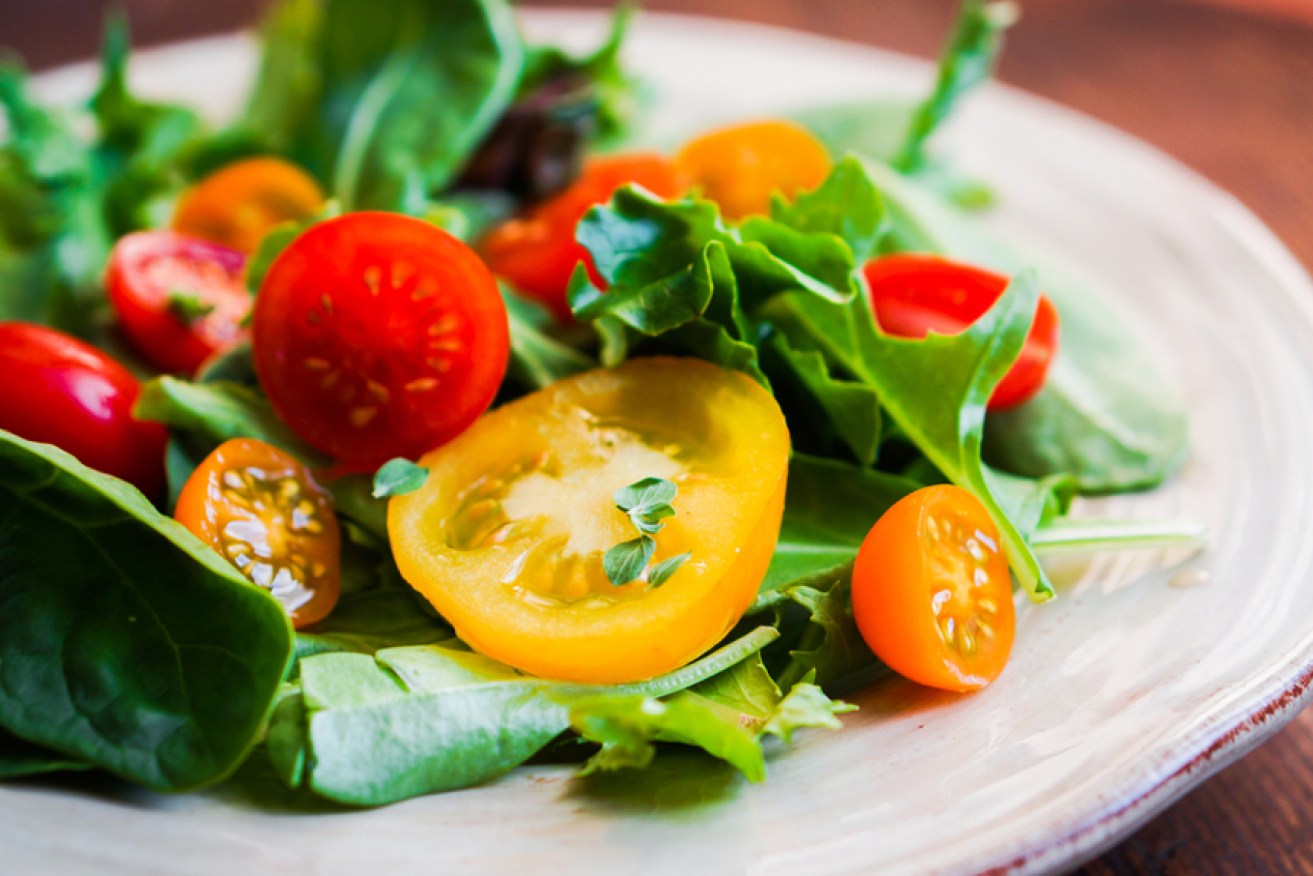The trendy diets you will be talking about in 2015


Paleo, raw, fruitarian, sugar-free – diets can be confusing business.
It seems like one day saturated fats like avocado are good for us, and the next day we’re being told to eat low-fat everything.
• Rapid dieting is effective: research
• Diet of champions: what our star athletes eat
Despite the misinformation, experts all agree on the same thing: eat more fresh fruit and veg, cut down on processed food and red meat, and exercise more.

Oily fish and vegetables are a staple in the mediterranean diet.
This year, Australia was captivated by an explosion of juice bars and activated nuts. But here are diet trends you’ll be seeing in 2015.
Mediterranean diet
The mediterranean diet was first publicised in the 1940s by an American researcher who found people on the Greek island of Crete had long lifespans and low levels of heart disease.
The diet is characterised by a high intake of fresh vegetables and fruit, nuts, complex grains, dairy like yoghurt, and oily fish. Red meat is limited to a few times a month.
A recent Swinburne University study found people on a mediterranean-style diet were happier, had better brain function, as well as improved cardiovascular function.
“We found significant improvement in measures of alertness and contentment, such as happiness,” lead researcher Andrew Scholey says.
Flexitarian
A flexitarian is someone who eats a mostly vegetarian diet, but still eats meat once or twice a week.
The American Journal of Clinical Nutrition says flexitarians live on average 3.6 years longer than meat eaters because they consume more fibre, antioxidants and good fats.
Nutrition Australia senior nutritionist Aloysa Hourigan says Australians eat too much meat, increasing their risk of some cancers like bowel cancer.

Flexitarians and those on the DASH diet shun red meat. Photo: Shutterstock
“We’re overeating on it. The World Health Organisation recommends limiting red meat consumption to two or three times a week,” Ms Hourigan says.
DASH (Dietary Approaches to Stop Hypertension)
The DASH diet is designed to treat high blood pressure with low sodium foods, in order to reduce your chance of having a heart attack or stroke.
Red meat is limited on this diet, while whole grains, vegetables and fruits are encouraged. Foods rich in potassium and magnesium which help lower blood pressure are also encouraged.
“Some research shows high intake can result in a loss of calcium. Another thing it can impact on is kidney health because kidneys are where we balance sodium levels in our blood,” Ms Hourigan says.
“Eighty per cent of our salt intake comes form processed food, not from what we add at table.”
Eight-hour diet
This week, US researchers discovered confining what you eat to a regular eight- to 12-hour window can aid weight loss and starve off diabetes and high cholesterol.
Lab mice that fed for nine or 12 hours gained less weight than mice that could eat the same amount food but at any time they wanted.
The mice that controlled their eating still lost more weight even when they were allowed blow-out meals on the weekend.
Scientists believe when your body can predict meal times, it helps to synchronise the digestive system and gut bacteria which control metabolism.








